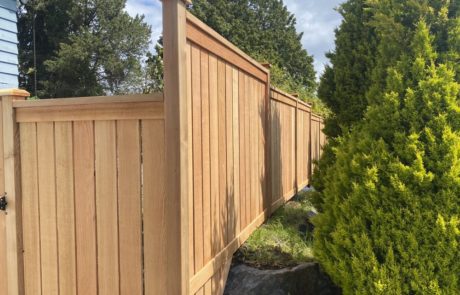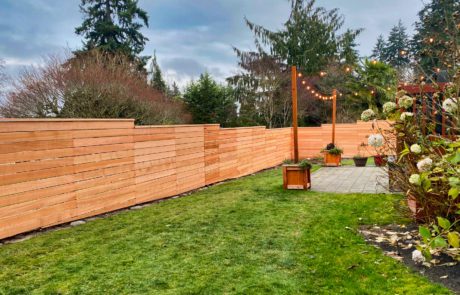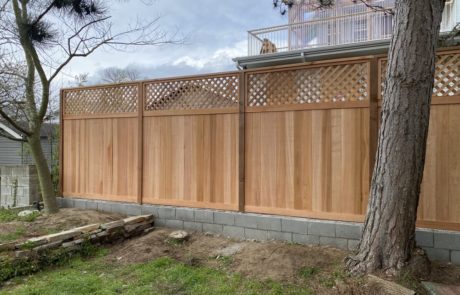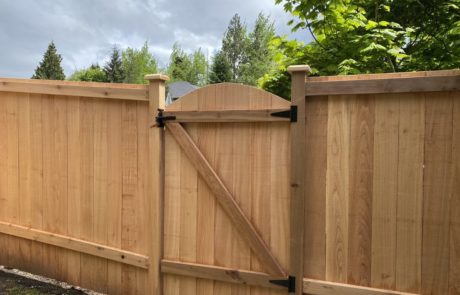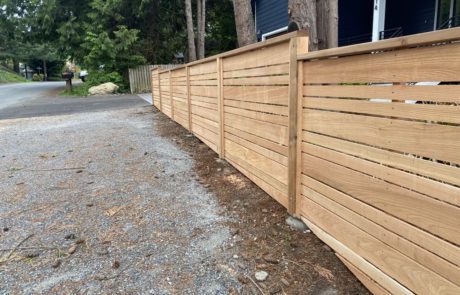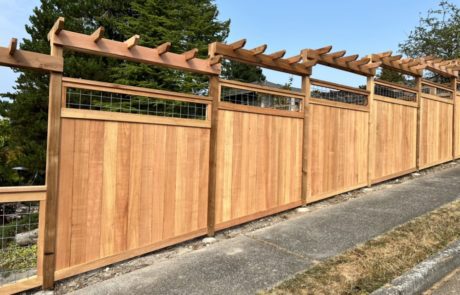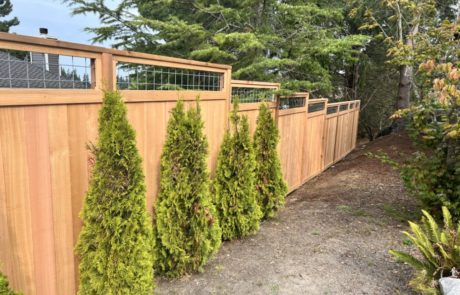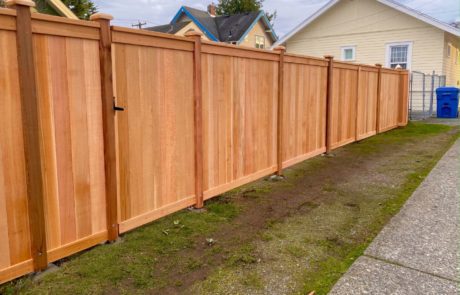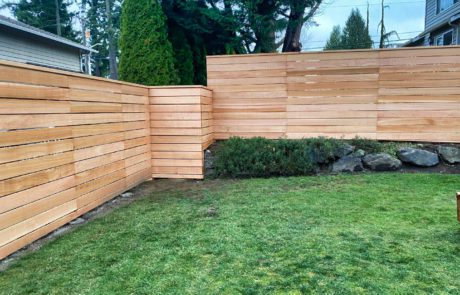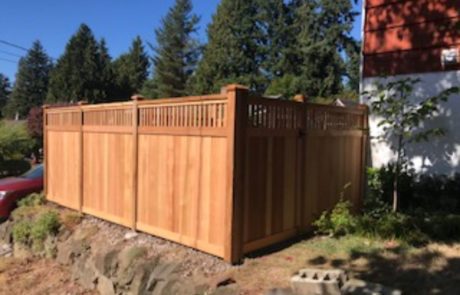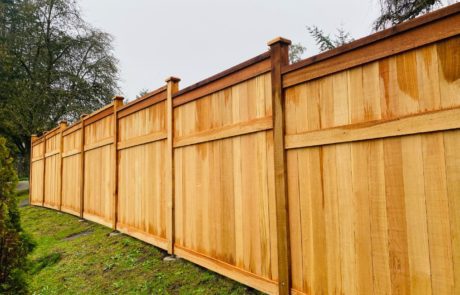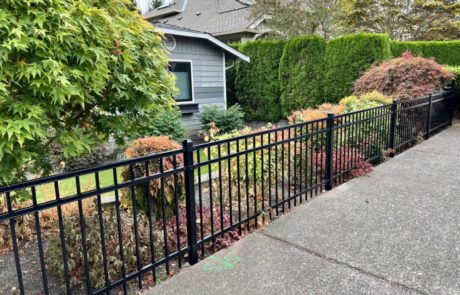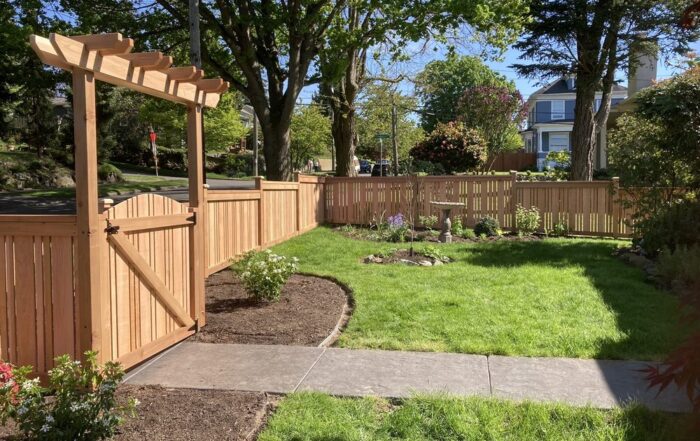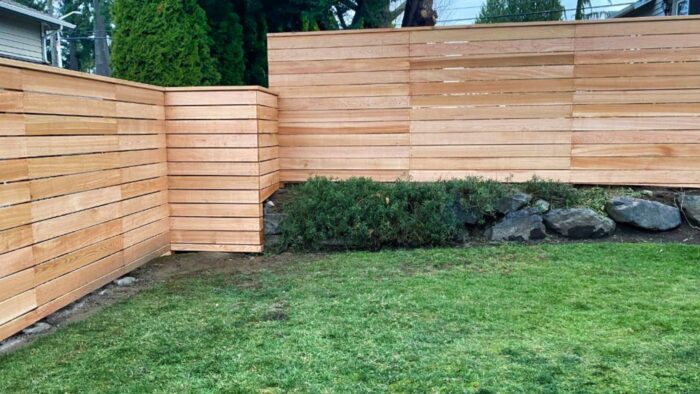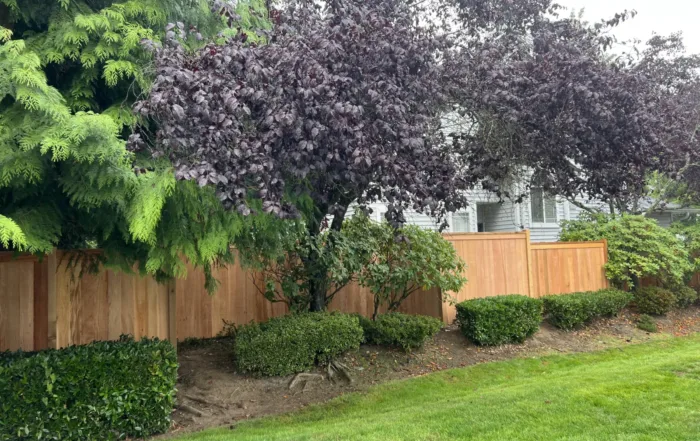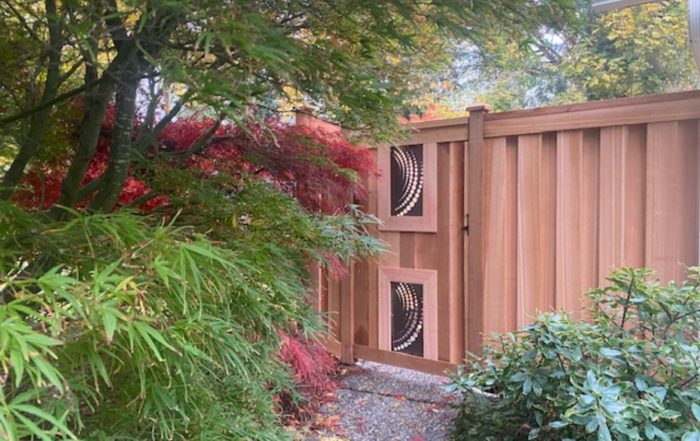When it comes to home improvements, timing can be everything. For fence installation, you may be surprised to learn that winter is, indeed, an excellent season to consider. Contrary to popular belief, the colder months bring unique benefits that can make your fence installation process smoother, more efficient, and often more cost-effective. With so many benefits, you may find winter is the best time of year to install a new fence.
The Off-Season Advantages of Winter Fence Installation
Availability of Contractors
Winter is usually the off-peak season for fence installations, which means a larger availability of contractors. By choosing this time, you sidestep the typical spring and summer rush, ensuring a swift installation process and undivided attention from your contractor.
Potential Cost Savings
Generally, winter is the cheapest time of year to install a new fence. With lower demand, there’s also the possibility of snagging a deal for your fence installation.
Minimizing Damage to Your Landscape
Installing a fence can disturb the existing landscape of your yard. However, during winter, plants are usually dormant, and the majority of your garden is likely to be bare. This means less harm to your beloved flora and fauna during the installation process. Moreover, by spring, your garden will have had ample time to recover.
Prepping for Spring in Advance
Installing your fence during winter ensures it’s up and ready by the time spring arrives. As the weather warms up, you can immediately relish your outdoor space without any construction noise or disruption.
Adding Value to Your Property
When spring arrives, and the real estate market heats up, your property will already stand out with its attractive and functional fence, potentially attracting more interested buyers if you ever decide to sell.
The Best Fences for Winter Installation
Wood Fences
The dry winter air is exceptionally beneficial for wooden fences. It allows the wood to settle in properly, reducing the risk of warping and cracking that might arise in hot summer conditions.
Composite Fences
Composite fences, known for their resilience, are well-suited for winter installations. Their robust nature can withstand the cold winter months, providing a durable, low-maintenance fencing solution.
Metal Fences
Metal fences, like those made from aluminum or steel, are excellent choices for winter installations. They can endure harsh winter weather without compromising their structural integrity or aesthetic appeal.
Your Winter Fence Installation: Step-by-Step
For a more detailed look at the process of installing a fence during winter, let’s break it down into these key steps:
Step 1: Plan Ahead
Planning your winter fence installation ahead of time is crucial. Measure your yard, decide on the type of fence you want, and determine your budget well in advance.
Step 2: Check the Weather
It is essential to note that extreme winter conditions, like heavy snow or freezing temperatures, may not be suitable for installation, as they can affect the structural integrity of the fence.
Step 3: Consult with a Professional
A professional can guide you through the specific challenges that winter might present and help you select the most suitable materials for your fence.
Step 4: Schedule the Installation
Due to decreased demand, scheduling your fence installation during winter can often be more flexible and convenient.
Step 5: Enjoy the Benefits
Once your fence is installed, you can enjoy the enhanced privacy, security, and aesthetics of your property, ready for the blossoming spring season.
By considering a winter fence installation, you’ll be able to take advantage of the unique benefits that the season offers. Remember, every successful project begins with planning and ends with the right team of professionals to bring your vision to life. So, why wait for spring? Let the winter give you a head start for a refreshed and secure outdoor living space.
In conclusion, when it comes to fence installation, there’s no need to wait for the warmer seasons. Winter presents a unique opportunity for flexible scheduling, potential savings, increased property value, less damage to your landscape, and having your yard spring-ready. With careful planning and the right team of professionals, you can install a fence in winter that meets your needs and enhances the aesthetic appeal of your property.
Frequently Asked Questions About Winter Fence Installation
Is it possible to install a fence during winter?
Yes, it is entirely possible to install a fence during winter. In fact, it can come with several benefits, such as faster installation and cost savings.
Will the cold weather affect the fence installation process?
Cold weather might affect the installation process to some extent, but professional contractors are experienced in working under such conditions. They take necessary precautions and use suitable materials to ensure a successful installation.
How can I find a reliable fence contractor in the winter?
To find a reliable fence contractor in the winter, you can start by asking for recommendations from friends, family, or neighbors. Additionally, you can research local contractors online and read reviews to gauge their reputation and reliability.
Are there any specific fence materials suitable for winter installation?
Various fence materials, such as composite, aluminum, and chain-link, are suitable for winter installation. However, it’s important to consult with your chosen contractor to determine the most appropriate material for your specific needs and climate.
What maintenance should I perform on my new winter-installed fence?
To maintain your winter-installed fence, regular inspections are important. Remove any snow buildup, clear debris, and check for any signs of

